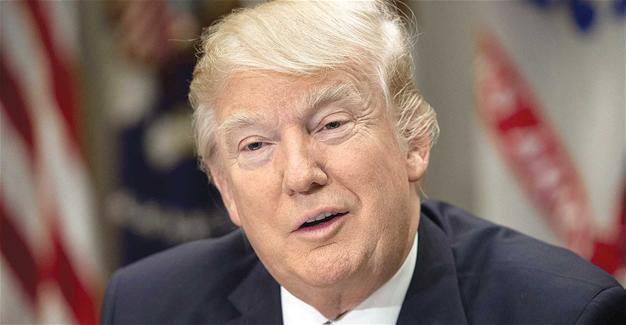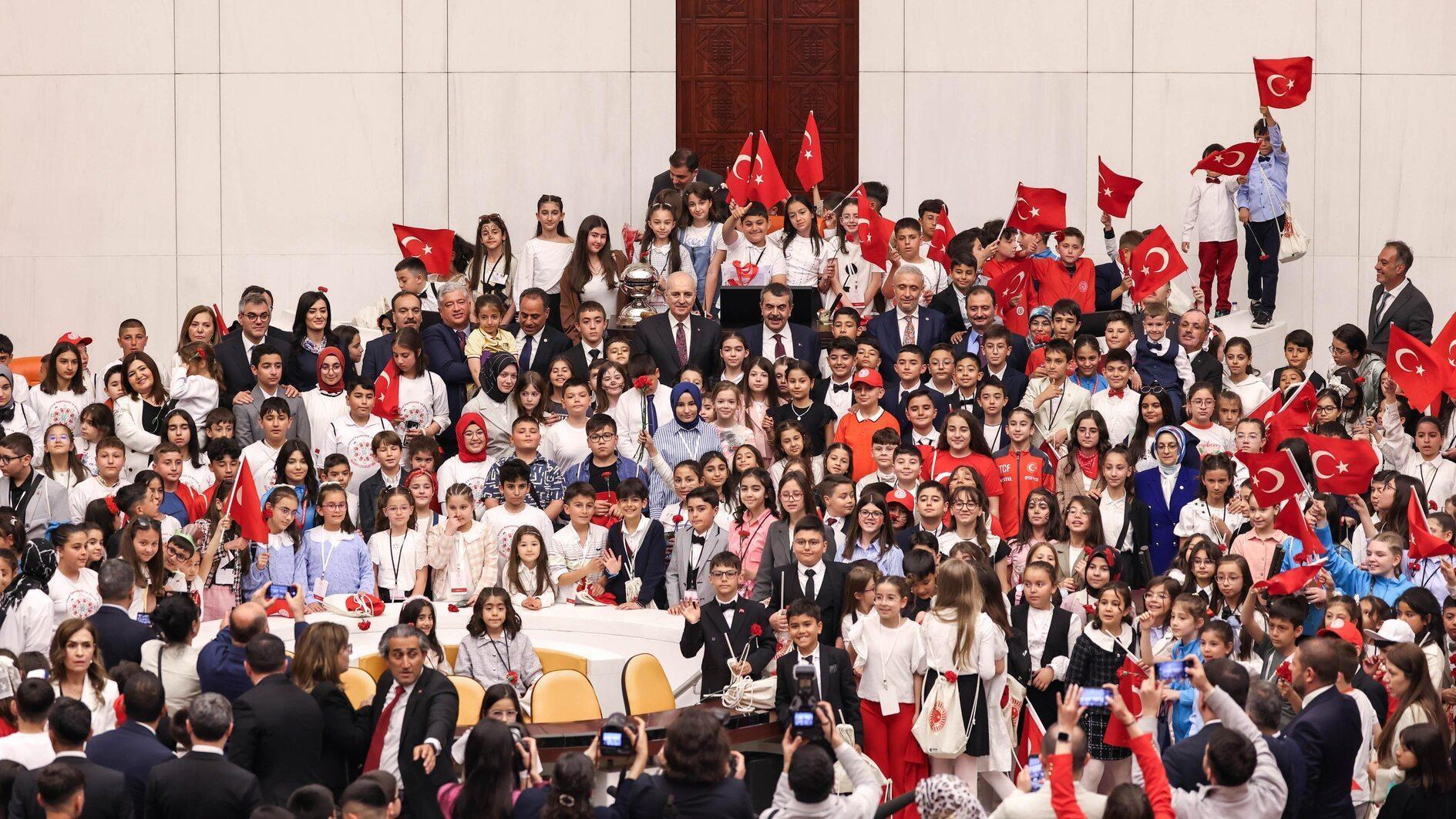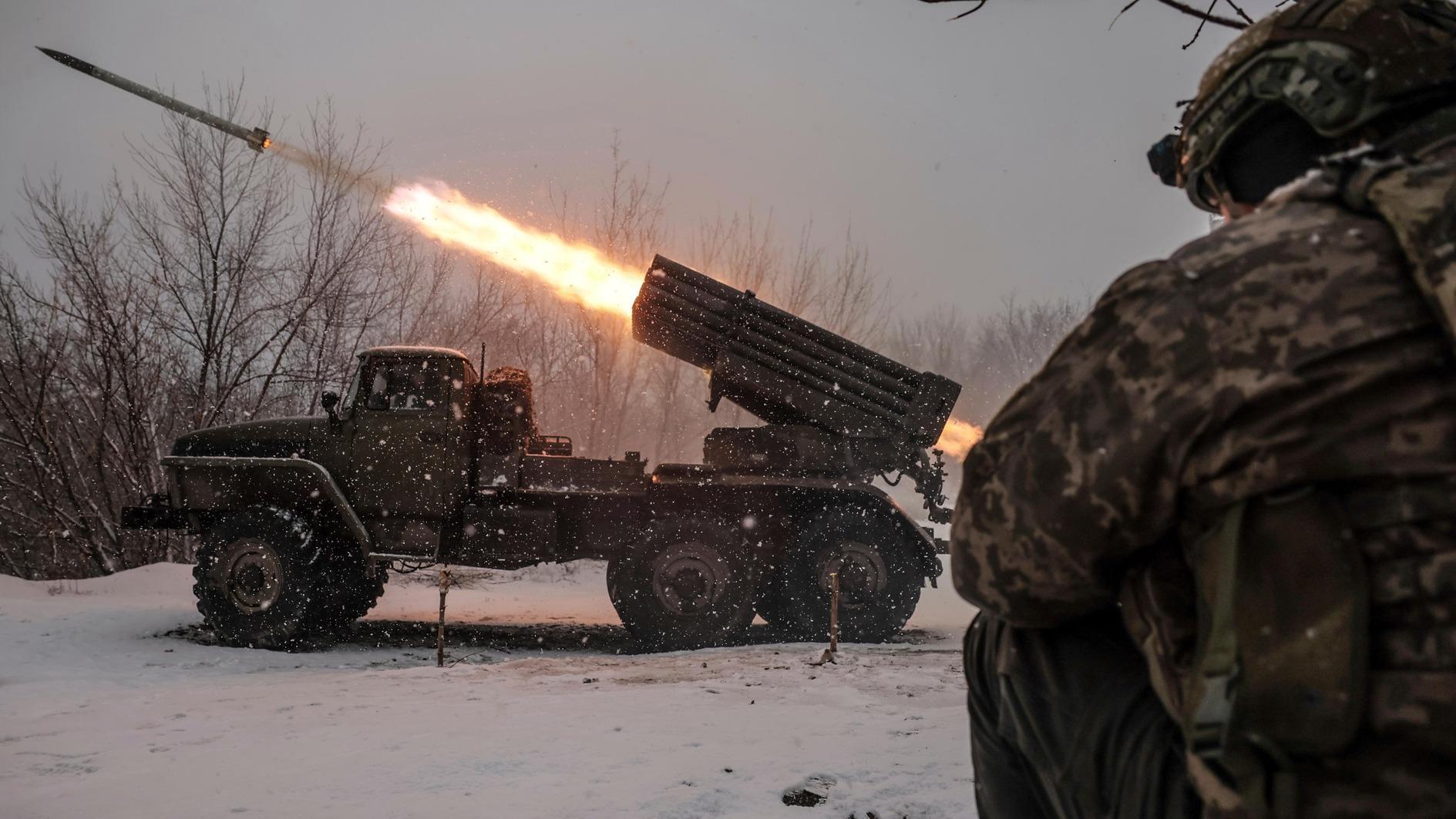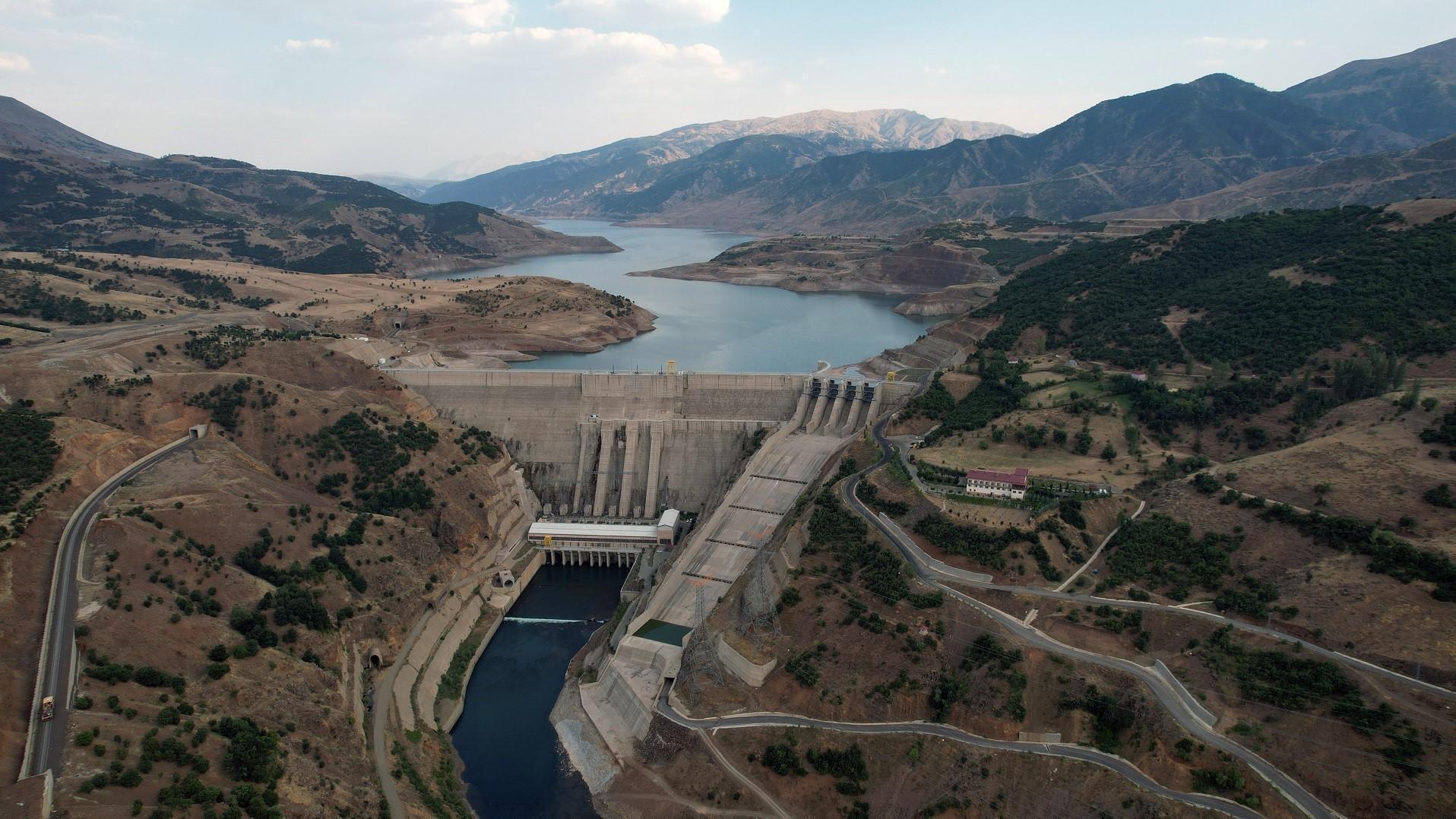Trump says ‘Russian connection’ is ‘non-sense’
WASHINGTON
 U.S. President Donald Trump on Feb. 15 dismissed the idea of any “Russian connection” in a tweet that came amid a New York Times report that said members of his presidential campaign had contacts with Russian intelligence officials.
U.S. President Donald Trump on Feb. 15 dismissed the idea of any “Russian connection” in a tweet that came amid a New York Times report that said members of his presidential campaign had contacts with Russian intelligence officials. “This Russian connection non-sense is merely an attempt to cover-up the many mistakes made in Hillary Clinton’s losing campaign,” he said in a post on Twitter, citing his former Democratic rival in the 2016 presidential contest.
The NYT reported on Feb. 14 that members of Trump’s 2016 presidential campaign had repeated contacts with senior Russian intelligence officials in the year before he won the White House.
Citing “four current and former American officials,” the Times report said that intercepted phone calls and phone records showed the repeated contacts with Moscow’s intelligence community.
U.S. “law enforcement and intelligence agencies intercepted the communications around the same time that they were discovering evidence that Russia was trying to disrupt the presidential election by hacking into the Democratic National Committee,” the Times said citing three of the officials who spoke privately due to the ongoing investigation.
The nature of the purported calls was not disclosed.
The only Trump aide named was Paul Manafort.
Manafort, Trump’s campaign chairman for several months last year and a former political consultant in Russia and Ukraine, shrugged off the report.
“This is absurd,” he told the paper. “I have no idea what this is referring to. I have never knowingly spoken to Russian intelligence officers, and I have never been involved with anything to do with the Russian government or the Putin administration or any other issues under investigation today.”
“It’s not like these people wear badges that say, ‘I’m a Russian intelligence officer,’” he added.
The Times said U.S. intelligence was investigating “whether the Trump campaign was colluding with the Russians on the hacking or other efforts to influence the election.”
The officials interviewed by the paper had so far seen no evidence suggesting that cooperation had existed.
In January, U.S. intelligence officials said in a report that Russia intervened in the U.S. electoral process at least in part to help Trump win. He has spoken often about the need for a closer relationship between the United States and Russia.
Meanwhile, White House spokesman Sean Spicer said Feb. 14 that Trump knew for weeks that national security adviser Michael Flynn had misled the White House about his contacts with Russia but did not immediately force him out.
Trump was informed in late January that Flynn had not told Vice President Mike Pence the whole truth about conversations he had before Trump took office with Russia’s ambassador to the United States, Spicer said.
Pence learned of the “incomplete information” that he received from Flynn when news reports surfaced late last week, spokesman Mark Lotter said on Feb. 14.
Flynn quit on Feb. 13, after Trump asked for his resignation, and the president hopes to pick a new national security adviser by the end of the week, Spicer said.
The departure was another disruption for an administration already repeatedly distracted by miscues and internal dramas since the Republican businessman assumed the presidency on Jan. 20.
















